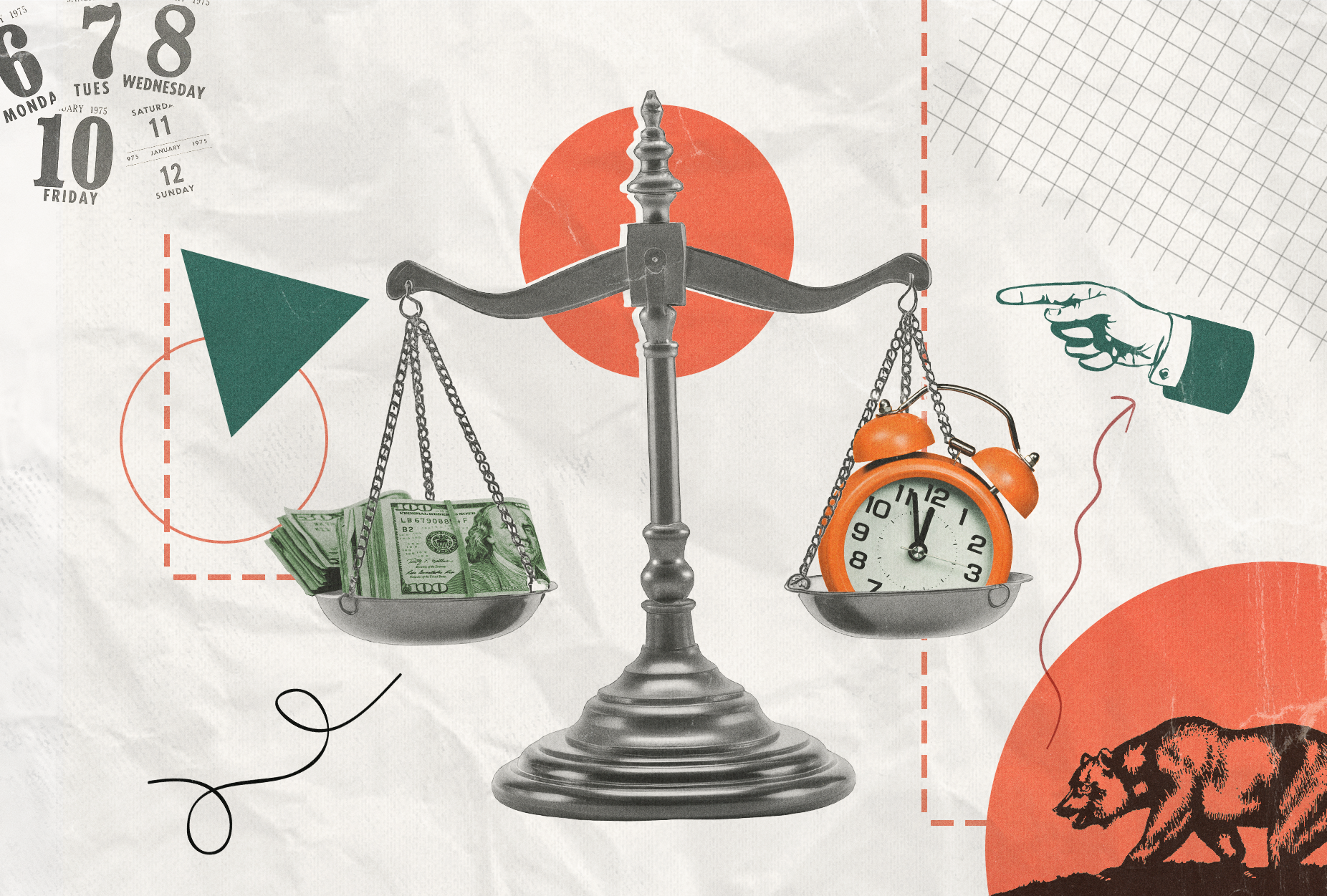A Quick Guide to California’s Wage & Hour Laws


California workers are entitled to be paid for all the long, hard hours they put in. Unfortunately, some employers don’t always pay workers their full wages, or pay them on time. This can put a serious strain on employees who are trying to pay their bills on time.
The good news is that California has some of the strongest payroll laws in the country. Here are some of the most important wage and hour laws in California.
California’s Wage & Hour Laws
Employers Must Establish And Post A Pay Schedule
According to Labor Code Section 207, employers doing business in California must post a notice that informs workers of the day, time, and location of payments. These companies must issue payroll to their workers at least twice a month, according to Labor Code Section 204.
Employers Must Designate Paydays
Labor Code Section 204 lays out the following payday requirements:
- Wages earned between the 1st and 15th of the month must be paid no later than the 26th of the same month
- Payment for work performed between the 16th and the last day of the month must be paid by the 10th of the next month
- Weekly, biweekly, semimonthly, and other payroll periods in which the pay period isn’t between the 1st and the 15th or the 16th to the end of the month must be paid within 7 days of the end of the pay period
Overtime Labor Codes
California’s Labor Code Section 510 requires employers to pay overtime at 1.5 times the employee’s regular rate when workers put in more than 8 hours in a day, up to 12 hours. Workers get paid double their regular rate for working longer than 12 hours in a day. Employers must pay these rates whether they authorized the hours or not.
Employers must pay overtime wages no later than payday for the next payroll period. The overtime pay must be clearly outlined on an itemized statement appearing on the paycheck.
What If I Am Fired?
Labor Code Sections 201 and 227.3 says that terminated employees should receive a final payment for all work done in the pay period up to that point.
This final payment should include:
- Standard wages
- Overtime pay
- Any vacation time accrued
When Do I Get My Pay If I Lose My Job?
Generally, the employer must pay all of an employee’s wages immediately after terminating the employee. Those working in specific industries may not have to receive their pay right away.
Some employees who work some seasonal jobs may have to wait a little longer, for example. Employers can wait up to 72 hours to pay a group of workers who have seasonal jobs in the curing, drying, or canning of any variety of perishable fruit, vegetables, or fish. These employees can request that their check be mailed to them.
Certain workers who are laid off from their jobs in the movie industry may also have to wait. If the film worker has unusual or complicated terms of employment that makes it hard to compute the amount owed, their employer can wait until the next pay period. These workers can also have their payment sent by mail.
Has Your Employer Failed to Pay You on Time? Contact Your California Employment Lawyers At D.Law!
You deserve to be paid for your hard work, and you deserve to be paid on time. If your employer is late with payroll, take action now by contacting or calling D.Law. Our attorneys are experts in California employment law and worker‘s rights and can help you get the pay you earned while working in the Bay Area, San Diego, Fresno, Los Angeles, and other CA cities.

Ready to get started?
Contact us now for a free consultation to find out how we can help you.



















